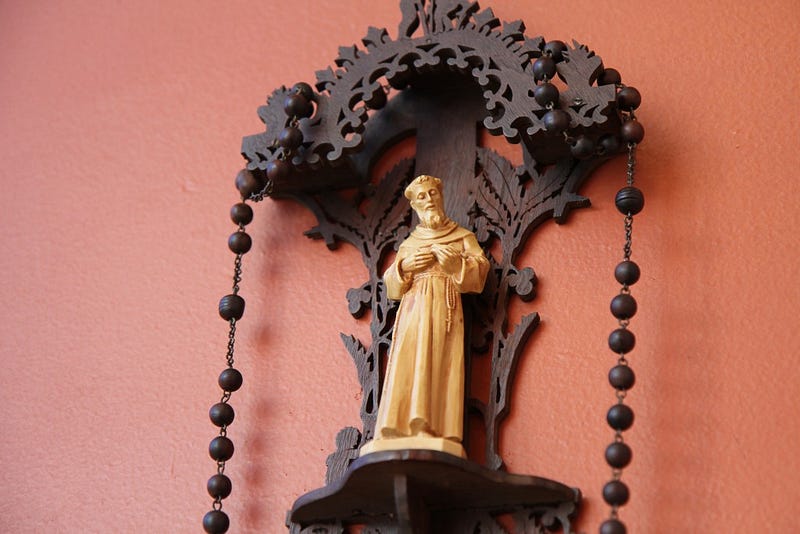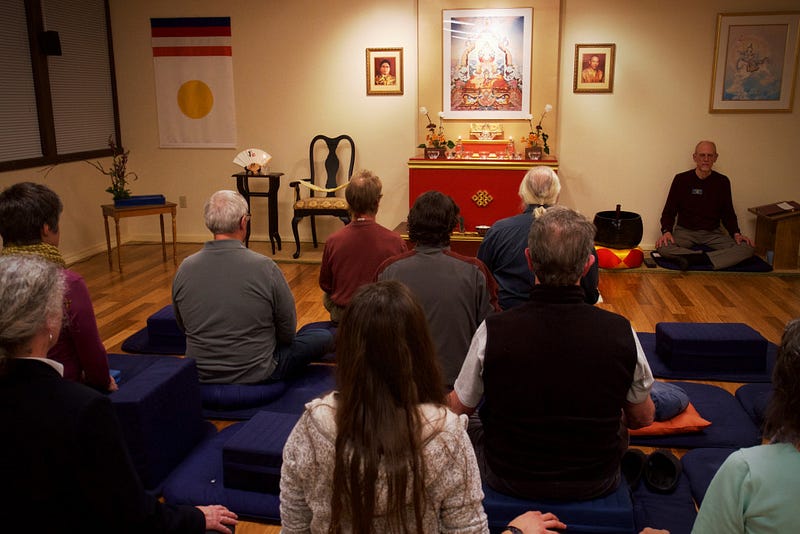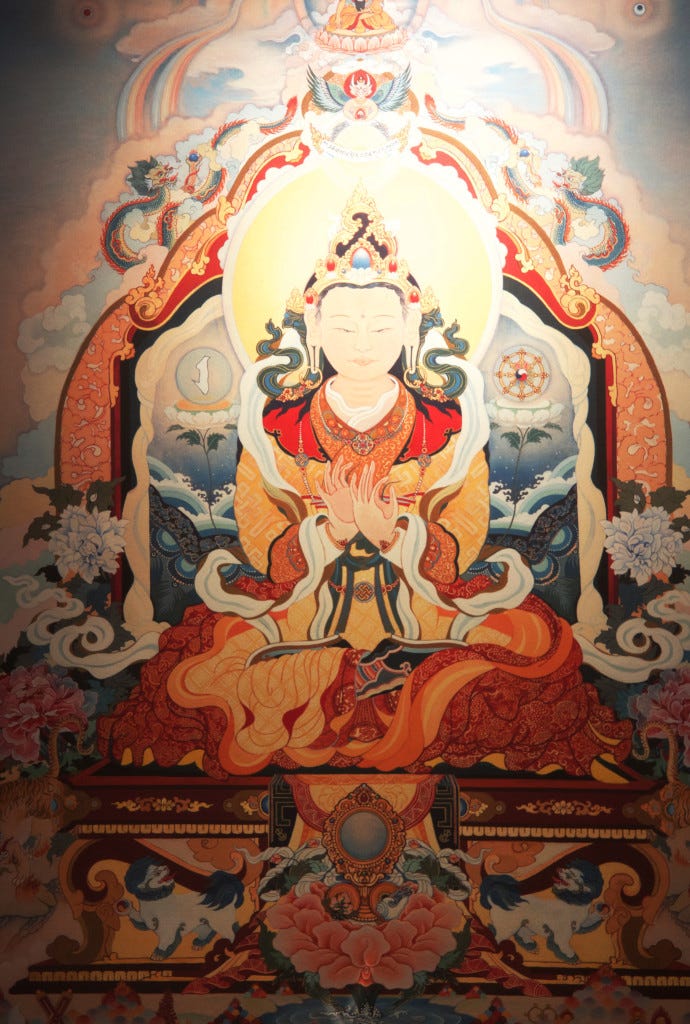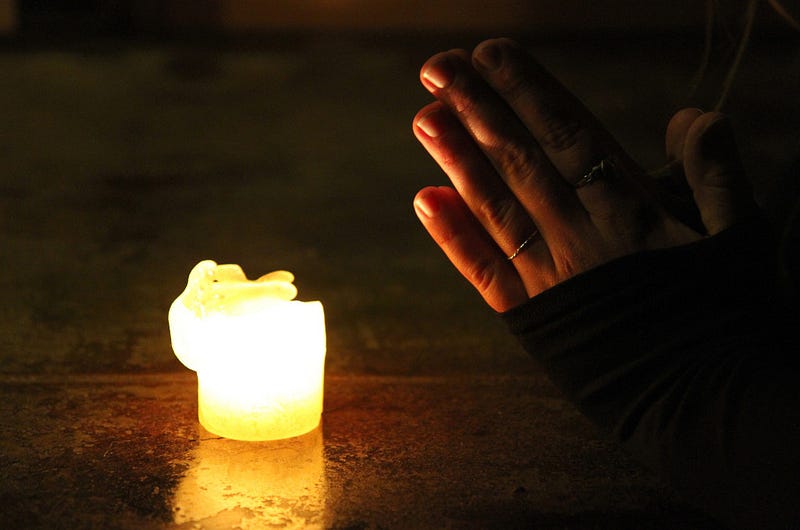Is There Anybody Out There?
An exploration of faith
STORY BY JOHN BOONE | PHOTOS BY BEATRICE HARPER
It’s 7:03 p.m. on a Thursday and I’m late for church. Expecting gothic architecture, gray dripping stones, tall arching doorways or stained windows, I drive past the building where Ekklesia is housed.
Ekklesia, a Greek word, is roughly translated as an “assembly of citizens.” It is a weekly prayer service for young adults and college students, hosted by Bellingham’s Christ the King Church.
My GPS — powered by another divinity — silently curses at me as I screech by the typed-in destination. Ekklesia is housed in a squat building a few blocks off Holly Street in downtown Bellingham. Doors are thrown wide-open and loud music plays from within the dark room. Crowds of people mingle, laughing and shouting.
Ekklesia reminds me more of a popular bar than a religious gathering. I steel myself and walk into the room — this is the first time in five years I’ve been inside a church.
2 billion people call themselves Christians, according to a 2010 study conducted by the Pew Research Center. Tonight I’m surrounded by around 200 of them. Several times, as I’m looking for a seat, I’m approached by complete strangers who smile at me and tell me how glad they are to see me.
After a few minutes of relentless positivity, I can’t help myself: I smile back.
I’ve never had the best relationship with God, and I’ve often thought of believers as ignorant at best and bigoted at worst. It occurs to me, as I take in the sea of smiling faces, that maybe I’ve been the ignorant one.

And that is the reason for this article, an itching sensation I’ve felt lately, that maybe, just maybe, I’ve been wrong to dismiss so quickly the beliefs of billions.
Seats are filling up tonight, and smiling volunteers unfold another row of chairs. The band takes the stage just as I help myself to the free coffee. They launch into a rendition of “Amazing Grace,” everyone stands, many sing along.
Tonight’s pastor is Garret Shelsta, a 30-something man dressed in slacks and a blue argyle sweater. As soon as he speaks I can tell his voice is professionally trained. His words reverberate through the crowd like a salsa dancer, whirring, dipping and building until he stops. Silence fills the room as his words die in the still air, tension stretches between the crowd like a taught wire.
But Shelsta’s sermon contains no fire or brimstone, no dripping vitriol or condemnation. Instead, he jokes about his daughters, “My kids are cuter than yours,” he says, flashing a smile.
Much of his sermon flies over my head like a troop of mischievous angels. He flashes a bible verse I’ve never seen before up on the screen and goes through it line by line. One point of his hour-long message does resonate, “You can’t find God through fear,” he says. Rather, God is found through love and mutual understanding.
Mindfulness through meditation
Meditation sounds rather simple. All I need to gain enlightenment is sit with my back straight, jaw unclenched and keep my mind on my breathing. Follow your breath as it leaves your body. Easy enough, after 23 years and some months of living, I think I’ve got this breathing thing down.
Wrong.
The first thing you notice when you meditate is the silence. After we begin I’m plunged into a most un-Buddhist terror. What if my phone rings? Or my stomach grumbles? Frantically I realize I haven’t been focusing on my breathing, how does that work again? Air comes through the nose, or the mouth? Am I breathing too fast? Too slow? How do I swallow again?
My neuroticism is completely at odds with the sect of Buddhism I’m practicing tonight. I’m at the Shambhala Buddhist Center on Meridian Street in Bellingham. As I attempt to meditate I can hear cars rush by as the rest of America goes on with their evenings.
About 500 million people identify as Buddhists globally. Of those 400 million the vast majority — close to 99 percent — live in Asia and the Pacific. Roughly 4 million live in North America.
Beginning in the sixth century B.C. in northern India, Buddhism has its roots in Hinduism, much like Christianity and Islam have roots in Judaism.

By the time I figure out how to breathe again the 15-minute meditation session is over. Feeling like a failure I turn to the man who invited me here tonight, Robin Rieck. Rieck has practiced Buddhism for much of his life and helped build the Shambhala Buddhist Center.
I confess to Rieck that my attempts at mediation had crashed and burned.
“Buddhism is very flexible, you need to become your own teacher,” Rieck says.
Basically you can’t fail at being a Buddhist, what matters is the effort. The goal of Buddhism is to gain enlightenment, which Rieck describes as becoming completely realized in our human potential. My western oriented mind struggles to grasp this concept. To me, realizing human potential is LeBron James dunking a basketball, or Russell Wilson dancing his way into the end zone.
Rieck gives me the example of learning to ride a bike. Any beginning bike rider is going to spend much of their time off balance, lurching dangerously to one side or the other. So it is with any first time Buddhist, no one becomes mindful without hard work and practice.
I leave feeling confused. Much of my life has been dictated by clear standards — drive 20 in a school zone, go to college, excel in school. My performance has been graded for as long as I can remember.
Buddhism is more ambiguous, it’s like receiving a smiley face instead of a letter grade. I find the religion difficult to identify with, yet I’m fascinated by what Rieck has told me. I feel certain I will return to Buddhism.
A Muslim in America
I meet with Ryan Lloyd Holdridge three days after eight Islamic extremists armed with AK-47 assault rifles and suicide vests killed 129 civilians in Paris.
Holdridge has been a practicing Muslim for two years and today he is more comfortable in his faith than ever before.
Holdridge has lived in the Seattle area all his life and didn’t grow up practicing any religion.
“I’m about as American as you can get,” he says.
He wears a white circular hat with a flat top called the Kufi. This is traditional headgear among Muslim men, worn to honor the Prophet Muhammad.
Islam is the world’s fastest growing religion and in 2010 1.6 billion people identified as Muslims. By 2050 that number is expected to grow to 2.8 billion.
Holdridge first found Islam in a bookstore. The book he picked up wasn’t even religious, it was an account of the Prophet Muhammad’s life, written by a secular anthropologist.
But that was the spark that lit the fires of his faith. His conversion was a simple process, the more he came to understand Islam the more he identified with the religion. Though his evolving beliefs seemed natural to him, his family became concerned.
“My family had worries about terrorism,” he says. “They thought it would lead me into extremism.”
Easing his parent’s fears wasn’t a simple process, but Holdridge managed it by educating himself in Islam and then sharing what he learned with his parents. After learning to understand Islam his family began to accept Holdridge’s conversion.
Holdridge converted to Islam during his first quarter at college and is currently a junior studying economics and environmental science at Western.
Holdridge was shy about his faith at first. He remembers leaving his dorm room every night and finding empty classrooms to pray in, so he wouldn’t seem strange in front of his roommate. Now president of Western’s Muslim Student Association, he’s become much more comfortable with his religion.

Focusing on connecting with a higher sense of self is prevalent in many religions. The heat of a candle warms hands clasped in prayer.
As a Muslim, Holdridge prays five times a day, avoids drugs or alcohol and tries to model himself in the Prophet Muhammad example.
Islam originated on the Arabian Peninsula around the year 622 AD, and shares many similar beliefs and practices with Christianity and Judaism.
Today Islam is a global religion with adherents in nearly every country on the globe.
It is also the belief that inspires the most fear and anger in the United States. The U.S. has been at war with Muslim-majority countries and Islamist groups for as long as I’ve been a politically aware citizen.
“Terrorists want to isolate Muslims and make us feel as if we don’t belong in the West,” Holdridge says.
When people in the United States equate Islam with terrorism, Holdridge believes they are acting out of fear and ignorance; much as his parents did when he first told them about his conversion.
He believes the best way to defeat hate is to know people on a personal level.
“Once you get to know a Muslim on a personal level you realize they’re much different than the Muslims you see depicted on Fox News,” Holdridge says.
Son of a preacher man
Joe Lotze grew up the son of a pastor but was never preordained a Christian.
“My dad always told me you can’t inherit your faith,” Lotze says.
We meet at the New York Pizza in Burlington, a half-hour south of Bellingham. Bonding over our mutual love of IPAs, Lotze explains to me his religious beliefs.
“A lot of Christians believe whatever their pastor says; people don’t fact check,” Lotze says. “You have to formulate your own opinions.”
I order the fish tacos, which are incredibly spicy, so I sweat profusely as Lotze explains to me the difference between an active and passive Christian.
An active Christian is one who researches, and interrogates his or her faith. Lotze tells me he has spent days at a time researching a single passage out of the bible. He also spent a month in Thailand, where he researched Buddhism.

A passive Christian is one you see on Western’s campus calmly, or not so calmly, telling you to repent or you’ll be sent to hell. The Westboro Baptist Church — a congregation infamous for protesting outside of military funerals — is mentioned. Lutze, who has a brother in the military, is furious just talking about them.
A 2010 poll conducted by the Pew Research Center stated that 70 percent of U.S. citizens believe they follow Jesus’s teachings. According to Lotze’s, very unscientific estimates, about 70 percent of these are passive Christians.
“Christians who say they’re Christian but don’t act like one are the reason for atheists,” he says.
Lotze’s God isn’t judgmental, and no sin is unforgivable. In his mind, judging others sins limits God — but God is limitless. Lotze says it’s a fallacy for fallible mortals to cast judgement on fallible mortals.
“My Christianity isn’t about me being better than anyone else,” he says, graciously offering me a piece of his quesadilla to cool my burning mouth. “It’s all about making a conscious choice to love God. God doesn’t want to scare you into liking him.”
This active choice is essential to Lotze’s worldview. The Bible doesn’t answer every question. He believes in many facets of our lives we have to figure things out for ourselves.
Religion is a choice. Today atheism is accepted more than ever before. But Lotze believes too many faithful people practice their religion not as a choice, but more as a blind habit. Attending church on Sunday, then getting on with their lives for the rest of the week.
“A good Christian, a good student, or a good Buddhist question what they believe,” Lotze says.
Religion, not division
Few things divide us like faith. Religion seems to fuel many conflicts, and is to often an excuse for violence. I grew up thinking of religion as an anachronism, a useless leftover from a more superstitious time.
Yet what struck me in my search for God wasn’t the difference between different religions, it was the similarity. At their heart all religions preach a relatively simple sermon: be kind to your fellow human, be compassionate to those less fortunate than yourself. Peace, not war, humility, not pride.
In our distracted world, when everyone has a supercomputer in their pocket and a never-ending list of omnipresent stressors, perhaps religion is an excuse to take a break and breath.
Perhaps religion is a moment of cold contemplation in an overheated world of constant stimuli, perhaps religion is taking a moment to stand outside and listen to the wind howl. And maybe, if you listen close enough, you’ll hear the name of God whispered in the wind.
I’m not sure but I think I’ll go and try.